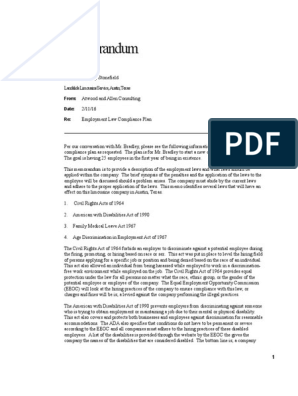0% found this document useful (0 votes)
46 views2 pagesEncryption
The document opposes banning communication tech companies from encrypting user data. It argues that doing so would violate individuals' constitutional right to privacy in their communications and correspondence. The right to privacy is protected by both domestic laws like the Civil Code and international agreements. Requiring companies to forgo encryption would enable arbitrary interference with private communications without lawful order, threatening users' reasonable expectations of privacy and confidence in these companies. Allowing encryption is more consistent with laws aimed at protecting individuals from unreasonable intrusions.
Uploaded by
maximum jicaCopyright
© © All Rights Reserved
We take content rights seriously. If you suspect this is your content, claim it here.
Available Formats
Download as PDF, TXT or read online on Scribd
0% found this document useful (0 votes)
46 views2 pagesEncryption
The document opposes banning communication tech companies from encrypting user data. It argues that doing so would violate individuals' constitutional right to privacy in their communications and correspondence. The right to privacy is protected by both domestic laws like the Civil Code and international agreements. Requiring companies to forgo encryption would enable arbitrary interference with private communications without lawful order, threatening users' reasonable expectations of privacy and confidence in these companies. Allowing encryption is more consistent with laws aimed at protecting individuals from unreasonable intrusions.
Uploaded by
maximum jicaCopyright
© © All Rights Reserved
We take content rights seriously. If you suspect this is your content, claim it here.
Available Formats
Download as PDF, TXT or read online on Scribd
/ 2












































































































